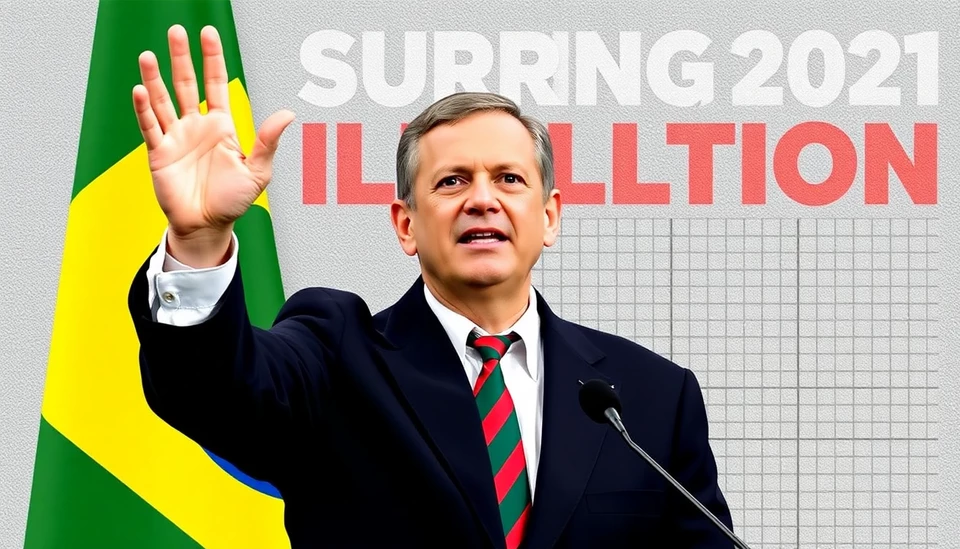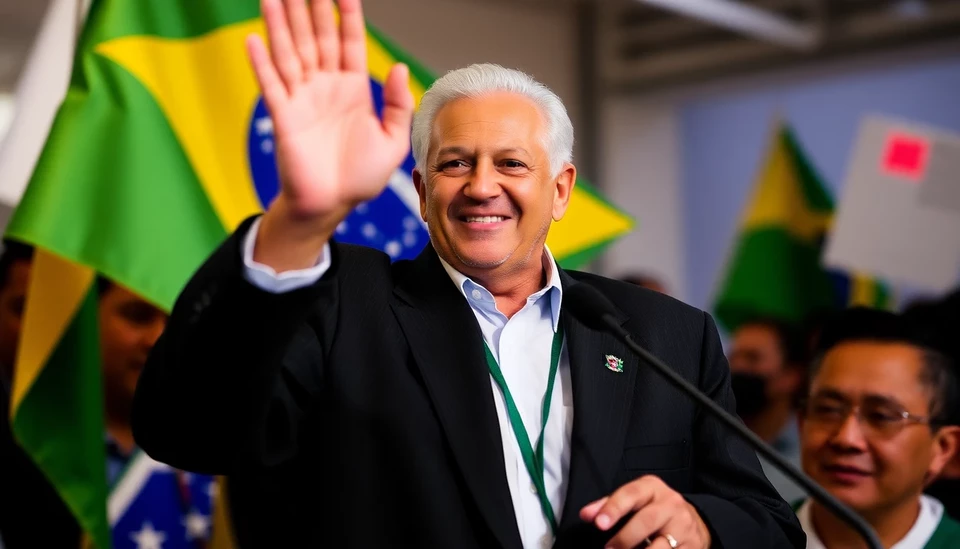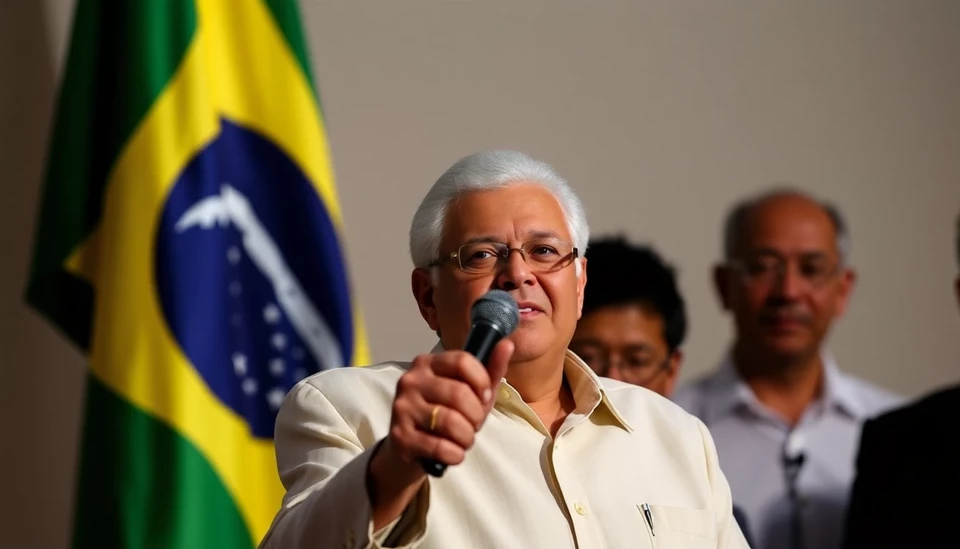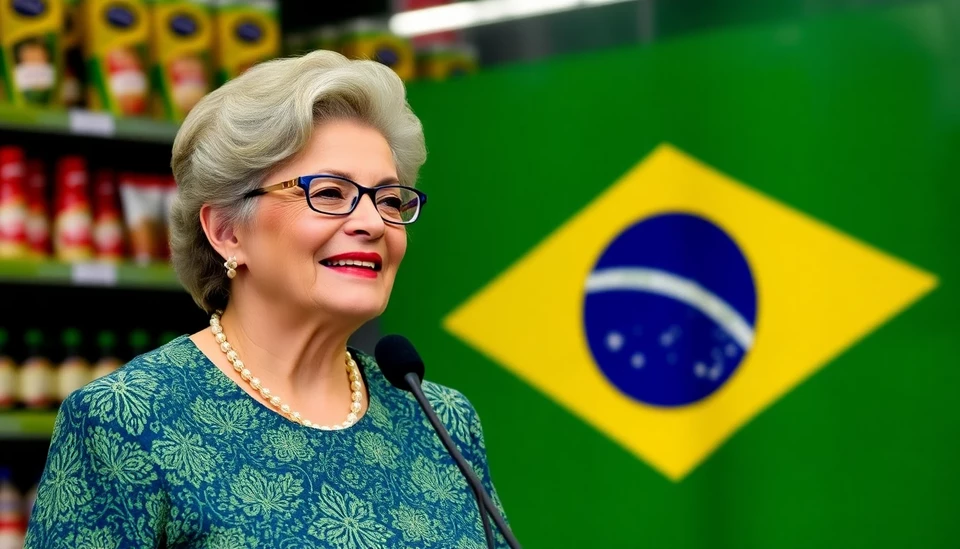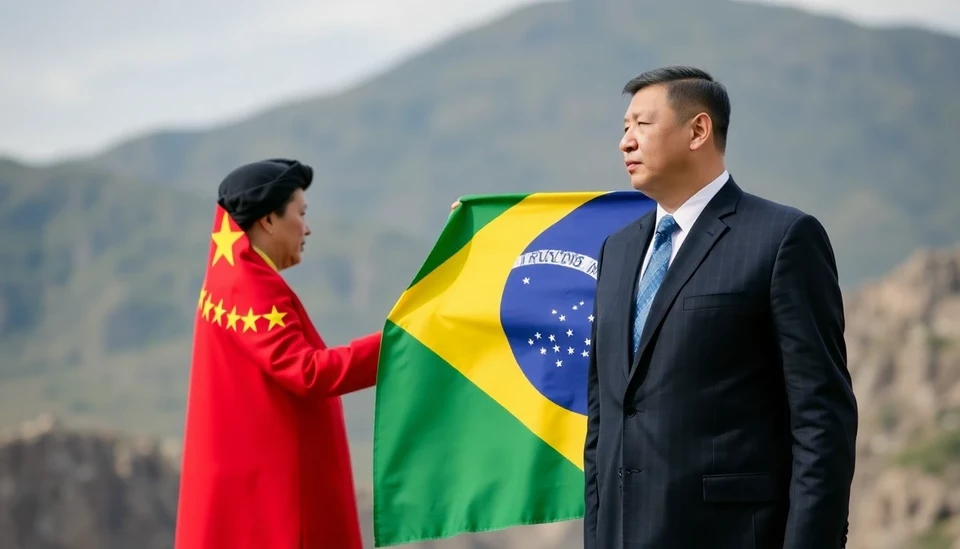
In a significant diplomatic development, Brazilian President Luiz Inácio Lula da Silva participated in a high-profile meeting with Chinese President Xi Jinping, signaling a new phase in the relationship between the two nations. This meeting, held on November 13, 2024, is considered a crucial test for the diplomatic strategies established during Donald Trump's presidency regarding China's influence in Latin America. As global dynamics shift, the implications of this alliance extend far beyond the immediate countries involved, potentially reshaping trade relations and geopolitical strategies on a global scale.
The backdrop of this meeting is marked by a series of strained relations between the U.S. and China, particularly under the Trump administration, which adopted a more confrontational stance towards Beijing. In contrast, Lula's administration appears to be seizing the opportunity to deepen ties with China, who remains Brazil's largest trading partner, and is looking for ways to pivot away from a potentially isolationist posture encouraged by U.S. policies.
At the heart of this engagement is Brazil's burgeoning agribusiness sector, which relies heavily on Chinese investment and demand for its agricultural exports. The countries discussed various frameworks for cooperation in technology, infrastructure, and sustainability, underlining an approach that not only prioritizes economic cooperation but also addresses significant global issues like climate change. Lula's vision appears to align more closely with that of Xi, suggesting an inclination toward building a multipolar world where nations operate with greater autonomy from the influences of traditional Western powers.
This meeting does not merely reflect bilateral relations between Brazil and China; it embodies a broader alignment of emerging economies against prevailing Western narratives. Here, Lula and Xi seem to advocate for a new global order that better accommodates the interests of nations outside the typical U.S.-European axis. Their partnership could have a ripple effect across Latin America, encouraging other countries to pursue closer ties with China as a counterbalance to U.S. dominance.
Furthermore, analysts indicate that Lula's approach contrasts markedly with his predecessor, Jair Bolsonaro, who fostered a close alliance with the United States and adopted a skeptical view of China. This pivot represents a strategic reorientation by Lula, who, through this meeting, aims to solidify Brazil's position in international politics and leverage its resources for greater development opportunities.
The significance of the meeting was underscored by various regional leaders and economists watching closely, suggested that the results could determine Brazil's influence on international platforms such as BRICS and the UN. As Brazil continues to navigate these complex waters, the implications for regional stability and economic partnerships are likely to unfold in the coming months, and countries in the region will be observing how this newly strengthened alliance affects their own diplomatic and economic strategies.
In summary, the meeting between Lula and Xi not only marks a pivotal moment in Brazilian foreign policy but also sets a precedent for how countries in the Global South may collaborate to assert their presence on the world stage, possibly heralding a shift in the balance of power in global geopolitics.
#Lula #XiJinping #China #Brazil #Diplomacy #GlobalPolitics #TradeRelations #Geopolitics #Agribusiness #EmergingEconomies #MultipolarWorld #ClimateChange
Author: Laura Mitchell

